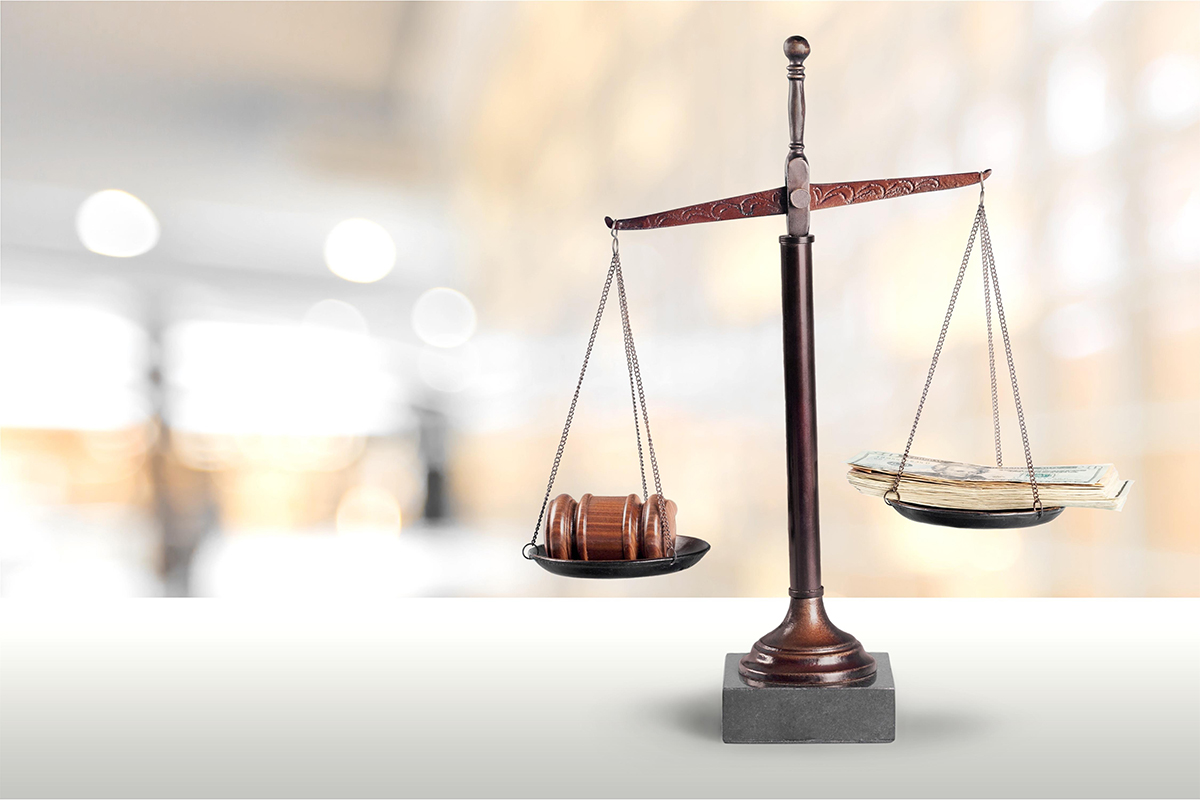Here’s a quick pop quiz:
Who are the justices on the state Supreme Court running for reelection this year?
What judicial elections will be on the Mississippi ballot this November?
Who are the judges who hear cases where you live?
And, what are the differences between chancery and circuit judges?
Granted, that last one is a tough one.
Odds are many people cannot answer those questions and others involving the Mississippi judiciary. And that might be considered disappointing since most judges in Mississippi, including the nine justices on the state Supreme Court, the 10 Court of Appeal judges and the 57 circuit and 52 chancery court judges are elected.
There are a few instances in Mississippi where judges are appointed, but in general the state Constitution mandates that judges be elected instead of appointed.
In the 1990s there were serious discussions in the Legislature about whether Mississippi judges should be elected or appointed. Some states elect judges while others have judges appointed by the governor or some type of judicial commission. Some states have a combination of both elected and appointed judges. Other states require appointed judges to stand for a retention election. In some states, judges are appointed for a specified number of years.
On the federal level, President Joe Biden recently has proposed changing the tenure for the United States Supreme Court justices from a lifetime appointment to an appointment for 18 years.
No doubt, judges play a vital role in a representative democracy.
The Legislature chose in the 1990s to leave in place Mississippi’s system of electing nearly all judges, though the end result of those discussions was a subtle but important change in the method of selecting judges.
The change was that when an appellate judge steps down the governor can name a replacement to serve the remainder of his term if the term is more than halfway complete. And even when a special election is required, the appointed judge gets to serve for at least nine months before the election.
Previously, at least in many cases, a special election was held much sooner to replace the retiring judge.
The ability to serve out the remainder of a term, especially if it is an eight year term that Supreme Court justices and Court of Appeal judges serve, gives a gubernatorial appointee a tremendous advantage – the ability to run essentially as an incumbent.
And it should be noted that there is a long tradition in the state of judges, especially Supreme Court justices, leaving office before their terms expire.
The issue of Mississippi’s system of selecting justices came to the forefront this past week as four of the five candidates vying for a Central District Supreme Court race spoke and campaigned at the Neshoba County Fair.
Justice James Kitchens is seeking reelection in the Central District. In a sense, Kitchens is an anomaly. In most instances, justices on the Supreme Court are first appointed by the governor as mentioned earlier to replace a retiring incumbent and then elected to a full eight year term, or the justice made it to the state’s highest court by winning an open seat.
Kitchens is the rare justice who earned his seat on the state Supreme Court by defeating an incumbent – then-Chief Justice James Smith in 2008.
The other candidates in the Central District race this year are Republican state Sen. Jennifer Branning, Jackson attorneys Abby Gale Robinson and Byron Carter and former Court of Appeals Judge Ceola James.
In the Southern District incumbent Supreme Court Justice Dawn Beam is being challenged by Coast attorney David Sullivan, son of a former Supreme Court justice.
Also in south Mississippi, Assistant District Attorney Ian Baker, Chancery Court Judge Jennifer Schloegel and municipal Judge Amy St. Pe are vying for a Court of Appeals post.
Supreme Court Justices Robert Chamberlin and James Maxwell, both of the Northern District, are running unopposed.
The judicial contests might be Mississippi’s most competitive elections this year. The federal elections on the state ballot – for president and for U.S. senator and representatives — are not expected to be competitive in Mississippi.
But some of the judicial elections, which many Mississippians know little about, could be real donnybrooks.

